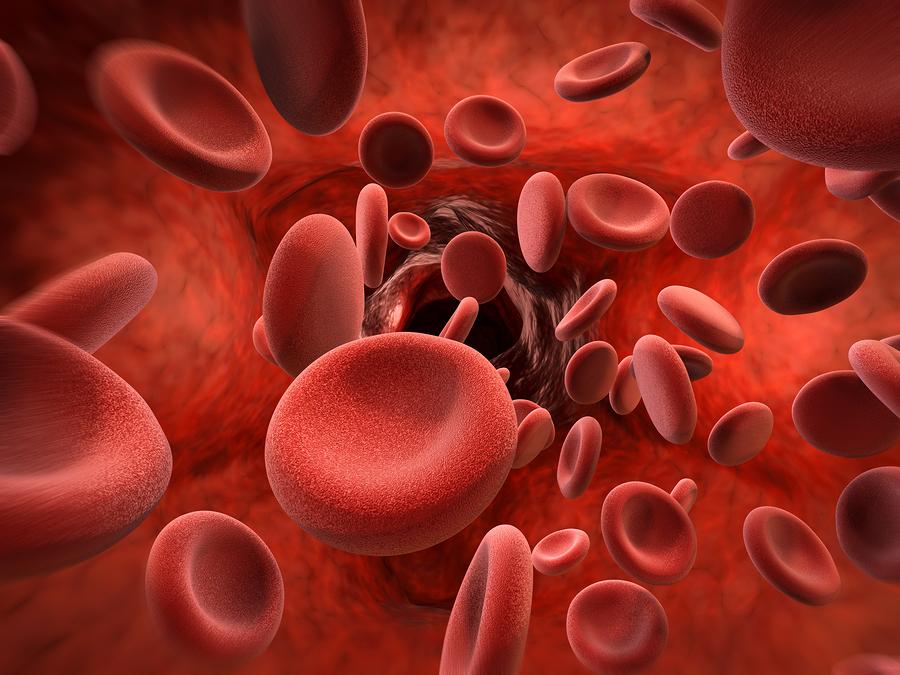Carbohydrates have been demonised by health experts in the last few years, with much supporting evidence as to why they might not be a great choice for dieters. Although several diets may suggest that you eliminate carbohydrates if you are to lose weight effectively, they are actually an essential food group.
Today we would like to take a look at what carbohydrates are, why they are a necessary part of a healthy diet, and share some advice on making the best dietary choices.
What Are Carbohydrates?
To put it simply, carbohydrates are the fibers, starches and sugars that are found in certain foods. They are classified as a macronutrient, which means that they are key to keeping the body going! In fact, carbohydrates are the main energy source of the human diet. There are only two other macronutrients – protein and fats. Macronutrients are required in large amounts and must be obtained through dietary sources as the body cannot make them on its own.
When carbohydrates enter the body they are broken down into smaller sugar units and then absorbed by the small intestine before they enter the bloodstream. They will then travel to the liver where they are converted to glucose and then used throughout the body for energy.
The body is able to store a certain amount of glucose (in the form of glycogen) in the liver and also within the skeletal muscles. However, once this amount is exceeded then the body will begin to store excess glucose as fat.
Recommended Daily Amount
It is suggested by experts that adults consume approximately 135 grams of carbohydrates each day. This figure will of course vary slightly from person to person, and a more general recommendation is that carbohydrates should make up between 45 and 65% of total calories consumed in a day.
The Role of Carbohydrates
One of the main functions of carbohydrates is to provide energy to keep the body functioning as it should. They keep the muscles strong and also support the function of the central nervous system.
There is research to suggest that the presence of carbohydrates in the body helps to prevent the body from using available protein as an energy source. This research also shows that carbohydrates enable fat metabolism. If the body is not provided with an ample supply of carbohydrates then it will attempt to use protein for energy. This is a problem because this is then taking protein away from its essential role of maintaining and building muscle.
The brain is one of the most important parts of the body to consider when it comes to nutrition – and this is no exception when talking about carbohydrates. If you are not consuming an adequate amount of carbohydrates then you may find that your mood becomes negatively affected. Your focus, concentration and memory can also suffer.
Types of Carbohydrates
A lot of the confusion surrounding carbohydrates in the diet is because people often fail to distinguish between simple carbohydrates and complex carbohydrates. these two groups are also often referred to as bad (simple) and good (complex) carbohydrates.
The difference between simple and complex carbohydrates is actually quite important when it comes to your diet and your health. Foods are categorised under either label depending on the rate at which the sugar inside the food is digested, and also the chemical makeup of the food in question.
Simple Carbohydrates
Simple carbohydrates are absorbed and digested relatively quickly and will contain only one or two sugars.
Simple carbohydrates are commonly found in fizzy drinks, pastries, syrups, white rice, white bread, and candy. The foods in which simple carbohydrates are found are often considered to be ’empty calories’, which essentially means there is little to no nutritional value in consuming them.
When you consume simple carbohydrates you will likely experience a quick burst of energy. This is because of how quickly the sugars are digested and is often referred to as a sugar high! On the other hand, when you consume complex carbohydrates the energy that your body receives will be slower but much more consistent and sustainable.
Complex Carbohydrates
Complex carbohydrates are absorbed and digested at a much slower rate than simple carbohydrates. Carbohydrates of this variety will contain three or more sugars as well as a variety of nutrients. They will also generally be lower in calories than foods in the simple carbohydrate group.
Common sources of complex carbohydrates are lentils, legumes, beans, whole-grain foods, fruit, and green vegetables.
Eating for Optimum Health
In order to maintain your energy levels and protect your health in countless other ways, it is advisable to choose complex carbohydrates over simple ones. Avoiding processed, packaged and junk foods is a good way to cut simple carbohydrates out of your life. Additionally, filling your kitchen with natural whole-foods that are sources of complex carbohydrates will ensure you hit your daily quota!
References
1) https://www.hsph.harvard.edu/nutritionsource/carbohydrates
Related Posts
Cigarettes May Inhibit Inflammation Treatments
Axial spondyloarthritis, also known as AxSpa, is a chronic…










